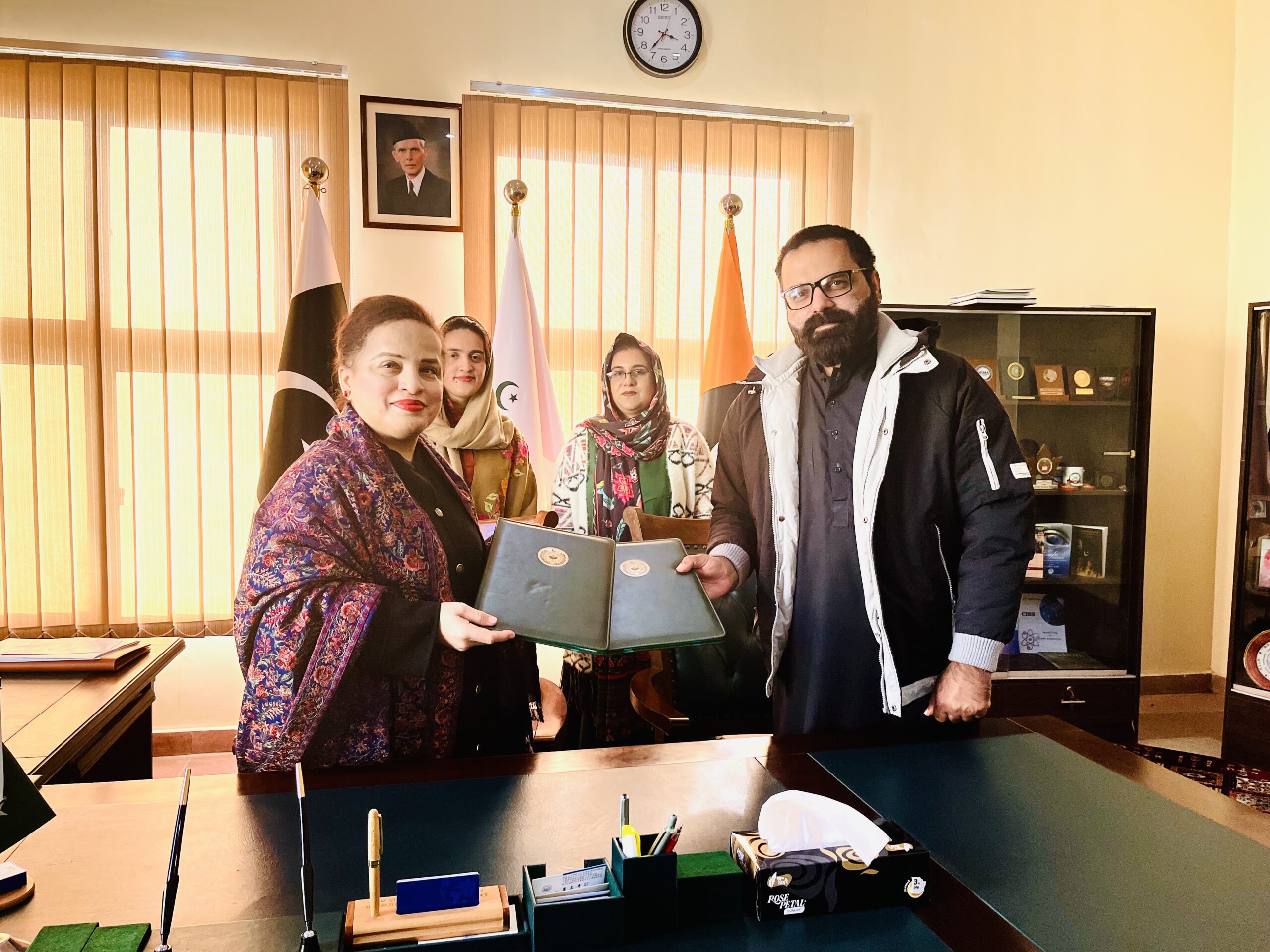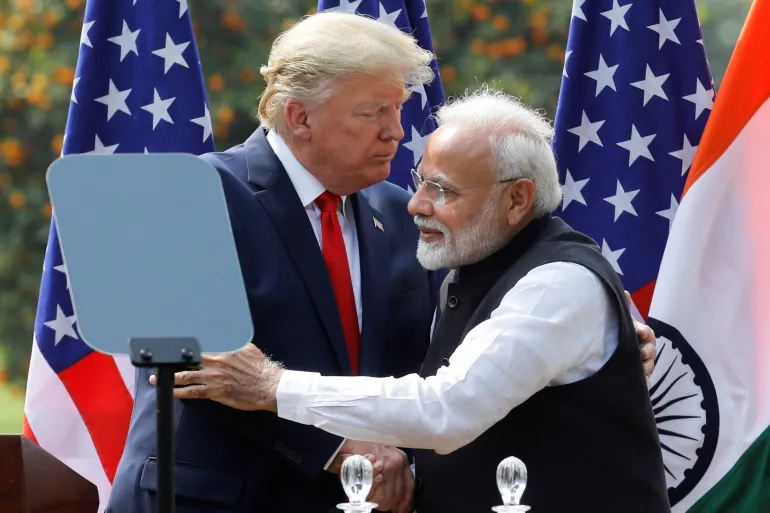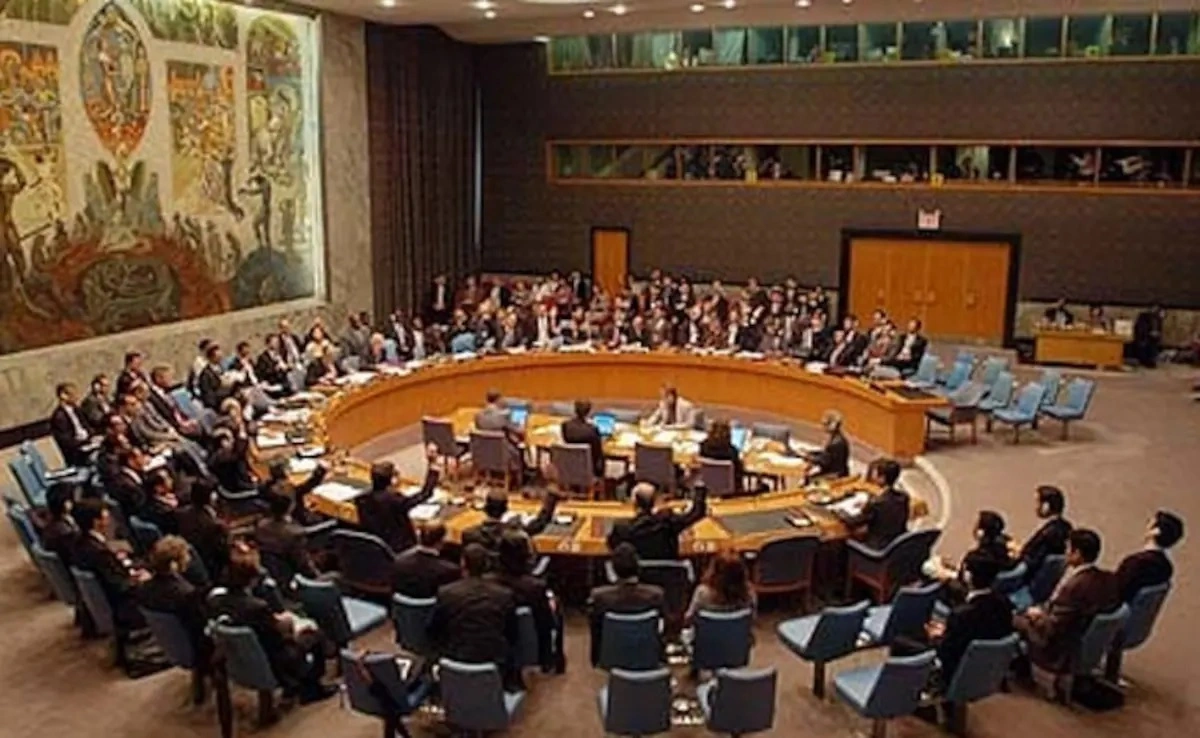Illicit drug production, trafficking, and consumption have become a global menace, permeating societies across all boundaries—geographical, cultural, and socioeconomic. Unfortunately, Pakistan is no exception. Due to its geographical proximity to Afghanistan, the world’s leading opium producer, Pakistan increasingly faces the consequences of the regional drug trade. The 2,611-kilometre porous border that Pakistan shares with Afghanistan serves as a conduit for this trade. This situation presents severe challenges for the country, particularly as drug trafficking intersects more with terrorism.
Afghanistan’s southeastern provinces, including Helmand, Kandahar, Uruzgan, and Nangarhar, have long been involved in heroin production. Meanwhile, Farah and Wardak have been involved in methamphetamine production. These regions, located near the Pakistan border, have become hotspots for drug production despite reported crackdowns by the Afghan Interim Government. This situation makes it easier for traffickers to use Pakistan as a transit route. It not only exacerbates Pakistan’s internal drug problem but also fuels the finances of terrorist organizations operating in the region. This creates a complex and dangerous nexus between drug trafficking and terrorism.
Funding for Terrorists
For instance, the Tehrik-i-Taliban Pakistan (TTP), a prominent terrorist group, increasingly relies on the drug trade to fund its operations. This reliance is evident when considering the geographical overlap between drug cultivation areas in Afghanistan and terrorism hotspots along Pakistan’s borders. This is particularly noticeable in Khyber Pakhtunkhwa (KP) and Balochistan. The convergence of these two threats illustrates the symbiotic relationship between organised crime and terrorism in the region.
Moreover, this is not just a hypothetical risk—it is a reality that Pakistan has been grappling with. Since 2018, the Anti-Narcotics Force (ANF) has arrested 340 foreign nationals involved in drug trafficking, including 184 Afghans. The ANF itself has become a target. Counter-narcotics operations in KP, Punjab, and Balochistan have resulted in casualties among its personnel. Militant groups, such as the Balochistan Liberation Army (BLA), have even claimed responsibility for attacks on ANF facilities. This further illustrates the deadly interplay between drug trafficking and terrorism.
Internal Threats
In addition to these external threats, Pakistan faces a growing internal challenge: the increasing prevalence of drug use among its youth. According to a 2013 National Drug Survey, drug users in Pakistan primarily fell within the 25-39 age group. Recent reports from the ANF highlight a concerning trend. Synthetic drug use is now on the rise among those under 25. This shift poses a significant threat to the country’s younger population. It is particularly concerning within educational institutions where synthetic drugs have become increasingly accessible. This is alarming as it not only affects young people’s health but also their academic and professional futures. Synthetic drugs, which include substances like ecstasy and methamphetamine, are particularly harmful to developing brains, leading to severe cognitive impairments, emotional instability, and addiction. This demographic is crucial to Pakistan’s future, and their exposure to such drugs threatens to derail their potential and impact the country’s progress.
Vulnerability of Educational Institutions
Educational institutions are exacerbating the situation as synthetic drugs become increasingly accessible. Universities and colleges, intended to nurture intellectual growth, are now becoming hotspots for drug activity. This alarming trend highlights the need for immediate action to prevent the infiltration of drugs into these vital settings. Schools and universities must implement stringent measures to monitor and combat drug use, including educational programmes to raise awareness about the dangers of synthetic drugs and provide support systems for affected students.
Even more worrisome is the fact that drug trafficking is now transitioning into the cyber realm. The dark web and social media platforms market, distribute, and sell illicit drugs, making them more accessible to a broader audience. Additionally, criminals increasingly use cryptocurrencies for transactions, which complicates law enforcement efforts to track and intervene.
A Call to Action
Given these alarming trends, the threat posed by drug trafficking and its impact on Pakistan’s youth demands urgent attention. The infiltration of drugs into educational institutions is not merely a law enforcement issue; it is a crisis that affects the very foundation of the country’s future. The government, alongside educational institutions and civil society, must take comprehensive action. This should include robust prevention programmes, educational campaigns, and effective rehabilitation services to address the growing drug problem among young people.
With the results of the ongoing National Drug Survey expected soon in 2024, we hope this will spur immediate and effective action.
Pakistan’s battle against drugs is not just about stopping a trade; it is about protecting its youth, its society, and its future from the insidious forces of addiction and extremism. The convergence of drug trafficking and terrorism presents a complex challenge, but it is one that Pakistan cannot afford to ignore. The time to act is now, before a generation is lost to the deadly cocktail of drugs and violence.
The article was originally published by The Nation. The views expressed in this article are the author’s own and do not necessarily reflect the editorial policy of the South Asia Times.



![Prime Minister Narendra Modi with External Affairs Minister S. Jaishankar at an official event. [Photo Courtesy: Praveen Jain via The Print].](https://southasiatimes.org/wp-content/uploads/2026/02/20-scaled-e1755601883425-1024x576-1.webp)



